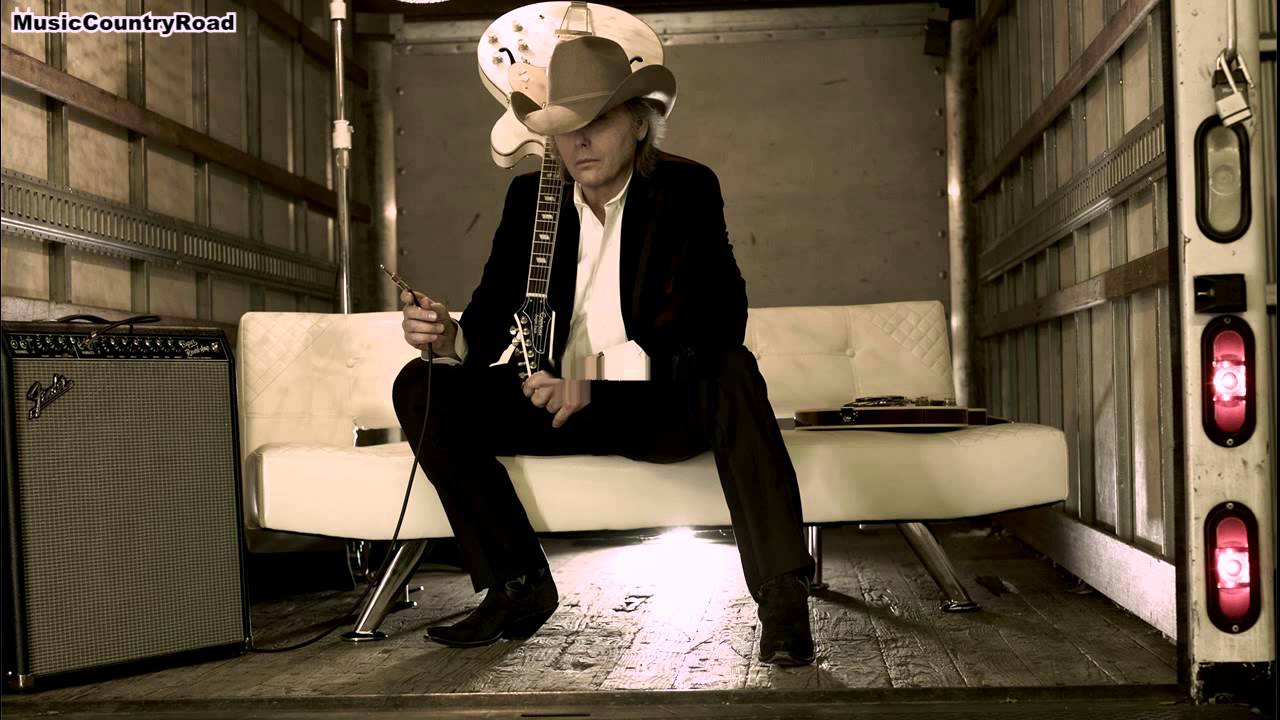
A barnstorming plea for solidarity, recast as Bakersfield boogie that turns a 1960s blues mantra into a 1990 country-road rallying cry
When Dwight Yoakam cut “Let’s Work Together” for his 1990 album If There Was a Way, he wasn’t chasing a single; he was choosing a curtain-call. Sequenced as the album’s closer (track 14), this Wilbert Harrison tune—made famous in 1970 by Canned Heat—arrives like a porch light after a long night of heartache, resetting the record’s brooding mood with a communal stomp. The album itself was released on October 30, 1990, and rose to No. 7 on Billboard’s Top Country Albums; Yoakam’s version of the song did not chart separately because it wasn’t issued as a single.
To understand why Yoakam picked this song, you have to glance backward. Wilbert Harrison first wrote it as “Let’s Stick Together” in 1962, then reworked it in 1969 as “Let’s Work Together,” releasing it as a two-part single that reached No. 32 on the U.S. Billboard Hot 100. A few months later, Canned Heat turned it into a blues-rock juggernaut: No. 26 on the Hot 100 in the U.S. and No. 2 in the U.K., where it spent fifteen weeks on the chart. Those are the chart numbers that framed listeners’ expectations long before Yoakam put his boots on it.
Placed at the end of If There Was a Way, Yoakam’s “Let’s Work Together” plays like a philosophical answer to the album’s solitary aches. Across the preceding tracks—“The Heart That You Own,” “It Only Hurts When I Cry,” “Turn It On, Turn It Up, Turn Me Loose”—he catalogues private losses and late-night doubts. Then the finale kicks in: Telecasters bright as chrome, a shuffle that leans toward rock without shedding its honky-tonk spine, and a vocal that swaps confession for invitation. Producer-guitarist Pete Anderson frames the groove lean and loud, letting the rhythm section shoulder the lyric’s plainspoken imperative: together we stand, divided we fall. It’s the album’s handshake at the door.
What makes Yoakam’s reading special isn’t reinvention for its own sake; it’s the way he translates a 12-bar, bar-band anthem into his Bakersfield dialect. Where Canned Heat rode a swampy, communal churn, Yoakam tightens the screws—snare crisp, guitars snapping in counter-rhythm, steel peeking through like a grin. The phrasing is classic Dwight: vowels slightly pinched, phrases riding just behind the beat, the drawl sharpening the song’s working-class optimism. You can almost see the dance floor unfurl—boots scuffing sawdust, couples falling back into step. It’s less “jam” than “drive,” a West Coast country engine tuned to blues compression.
There’s also a quiet bit of sequencing wit. Biographers have noted how the record leans into nights of the soul; ending with “Let’s Work Together” feels deliberate, as if Yoakam were saying: After all this loneliness, the only way out is each other. The take is affectionate, not ironic, and it underlines his long game as an interpreter—he can brood with the best of them, but he also knows the value of a song that lifts the room without lying to it. (A trivia footnote for collectors: the track was omitted from the original cassette edition, which makes the CD and digital versions the canonical home for this closer.)
Historically minded listeners will hear the song’s lineage humming under the hood. Harrison’s 1969 rework—cut as the “Wilbert Harrison One Man Band,” with him handling vocal, guitar, harmonica, and percussion—was the spark; Canned Heat fanned it into an international hit; Bryan Ferry later circled back to the earlier “Stick Together” lyric for a 1976 U.K. smash. Yoakam enters that long conversation from the country side, proving the lyric’s plain truth doesn’t care what station you tune in: juke joint or roadhouse, pop radio or AM country, the message still fits in your coat pocket.
Meaning, here, is almost embarrassingly simple—and that’s the point. After an album’s worth of tangled hearts, “Let’s Work Together” shrugs off the operatics of romance and offers a work song for living: show up, share the load, keep tempo with the people beside you. In Yoakam’s hands the chorus sounds less like a slogan and more like muscle memory, something you remember when the lights come up and the bills come due. It’s the sound of a singer who has spent enough nights onstage to know that sometimes the bravest line you can sing is the obvious one.
And for those of us who carry our decades like a comfortable jacket, the track hits a particular sweet spot. It summons the era when a B-side could live on in your head for years, when closing tracks mattered because you let the needle ride all the way to the label. You remember Canned Heat on the radio, Harrison on a dusty 45 you found in a box, and then Dwight Yoakam—younger than the ghosts he was already singing to—swinging the doors wide open at the end of 1990 with a smile that said: Stick around; we’ll get through this together. That’s the kind of optimism you don’t outgrow; you grow into it.